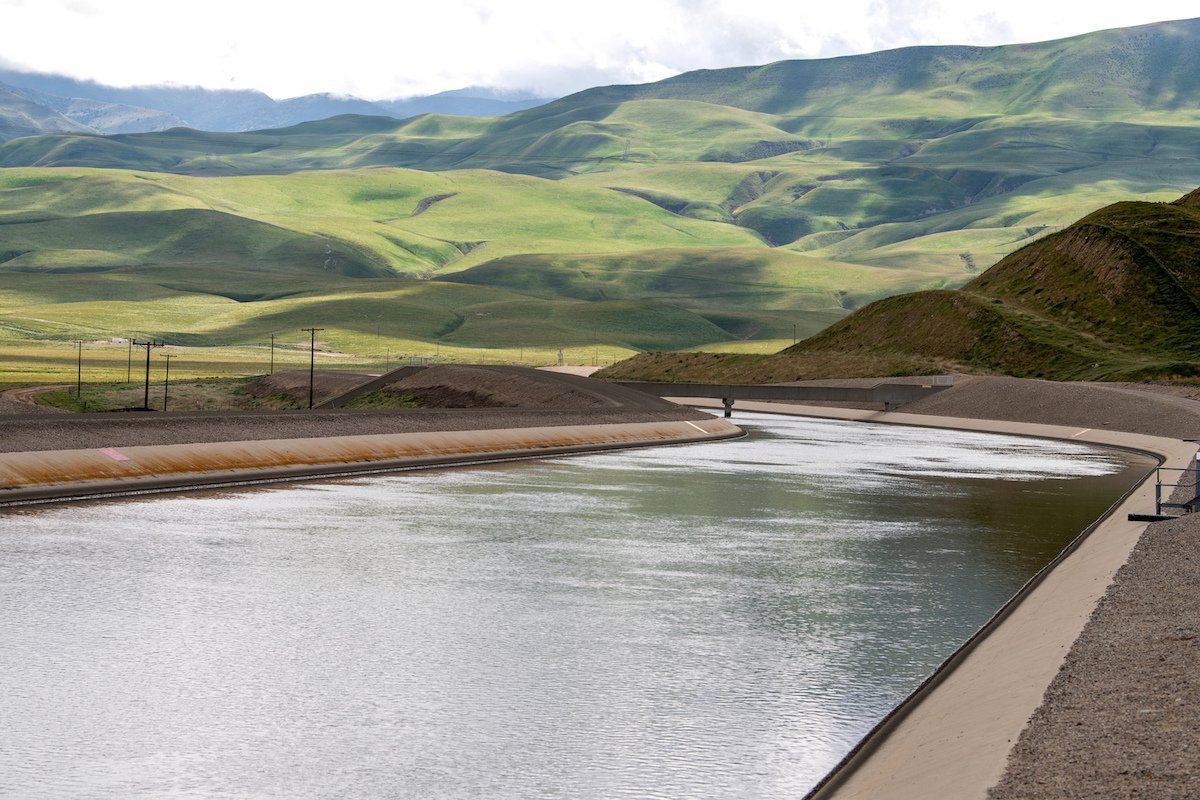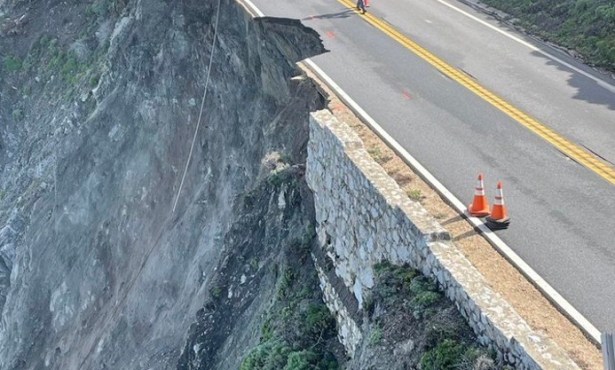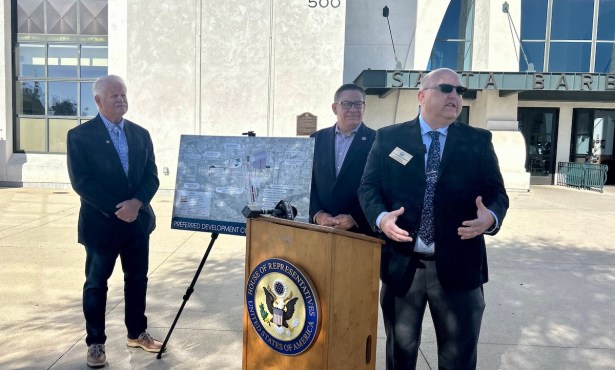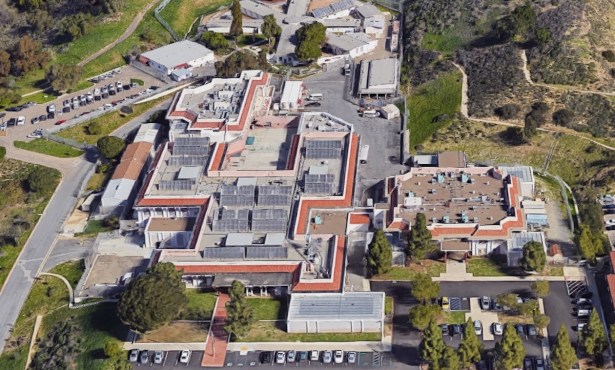With Drought Looming, Santa Barbara County Strikes Compromise on State Water
Supervisors Unanimously Agree to Let Central Coast Water Agency Compete on Open Market

With the specter of another of intense drought looming, the county supervisors unanimously voted in favor of a compromise deal that now enables the Central Coast Water Agency (CCWA) — which is responsible for bringing state water into the county — to buy supplemental water supplies on the open market throughout the state.
Had this compromise — over new rules easing restrictions on the purchase of out-of-county water — not been approved, the water authority would have been severely hamstrung in its ability to compete for water on the open market. During the last drought, for example, CCWA bought 33,000 acre-feet from private and public water companies, without which Santa Barbara County water customers would have been eating proverbial “dirt sandwiches.”
Had the supervisors not approved an amended version of what’s known as Amendment 21 to the new State Water Contract, CCWA would have been able to negotiate only water transfer deals. Under the language approved by the county supervisors, CCWA will now be able to negotiate outright water sale deals.
The difference is stark. Under the old water transfer rules, the county could offer no more than the actual cost of water, which has been defined as about $450 an acre-foot. In addition, all water transfers — under the prior rules — had to be paid back. Under the new water sale rules, the price of water is defined as whatever the market will bear and there’s no water payback requirement.
Had the supervisors not adopted the changed language, CCWA officials are convinced they could not have competed on the open market with water agencies willing and able to pay more. Santa Barbara was the last county south of the Sacramento Delta to adopt the new rules. Making matters suspenseful, the deadline for the supervisors to act expired at the month’s end.
At a March meeting, the supervisors, led by Supervisor Das Williams, had vehemently opposed provisions of Amendment 21 because it also allowed CCWA to sell water out of county as well. At a time of drought, Williams argued, it made no sense to allow water to be sold outside the county.
CCWA members objected to Williams’s objections with objections of their own. By selling water not being used, they argued, they could defray the costs of more reliable water supplies, such as desalination. Given the shifting geological realities of the state, some regions have water when others are in drought. Santa Barbara’s water managers, they argued, should be allowed the flexibility to manage their water portfolios as conditions on the ground dictated. Instead, under the deal struck by the supervisors, such sales must first be ratified by the supervisors, a laborious and time-consuming process.
With the deadline looming large, CCWA’s Ray Stokes ultimately and reluctantly capitulated to the terms of the compromise.
Supervisor Gregg Hart extolled the virtues of compromise, to which Supervisor Steve Lavagnino gushingly concurred. “I get it; water is for fighting,” he said. “But do we have to fight every time we talk about it?”
Williams took a more combative stance, saying, “CCWA didn’t want to present anything but ‘We want 100 percent of what we want.’” To the extent compromise was achieved, he said, it came about only by “reading their minds.”
Support the Santa Barbara Independent through a long-term or a single contribution.



